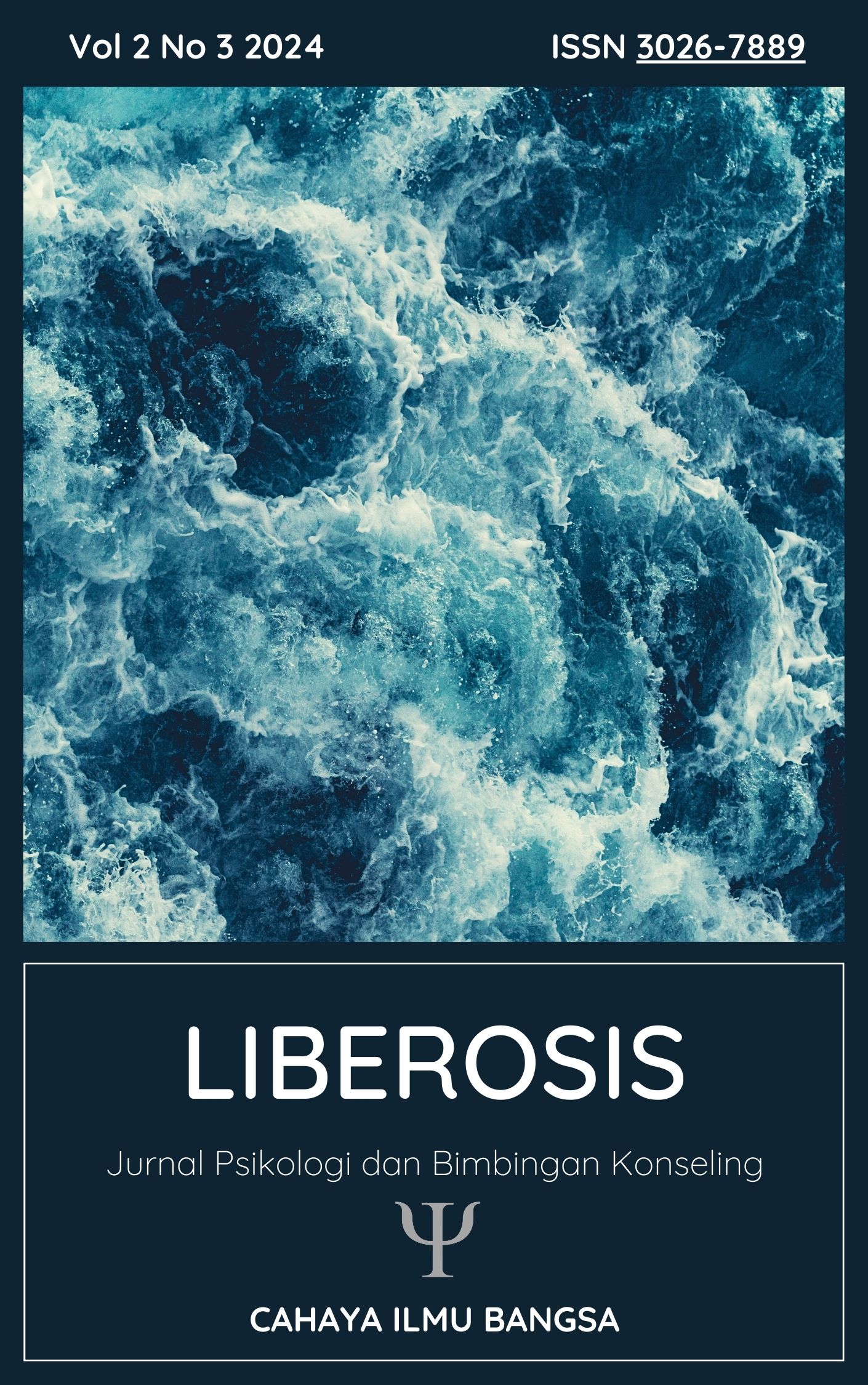Abstract
This study aims to explore and analyze the philosophical foundations, structures, approaches, and counseling techniques within the perspectives of Islamic (Eastern), Western, and Indonesian family counseling. Employing a descriptive qualitative approach, this research draws upon secondary sources such as academic journals, books, and religious texts. The Islamic perspective emphasizes spirituality, religious values, and clear role division within the family, where counseling serves as a medium to foster spiritual harmony through introspection, prayer, and moral advice. In contrast, the Western perspective adopts a scientific and systemic approach focusing on psychological well-being, communication, and role flexibility, utilizing structured methods such as genograms, role-play, and experiential techniques. Meanwhile, the Indonesian perspective is characterized by its hybrid nature, blending local wisdom, religious values, and national philosophy (Pancasila) into a contextual family counseling framework. Findings reveal that although these three perspectives differ in their theoretical foundations and methods, they share common goals: to build harmonious, functional, and emotionally resilient families. This study concludes that a culturally adaptive and integrative counseling model that appreciates both diversity and universal family values is essential for addressing complex family dynamics in multicultural societies like Indonesia.
